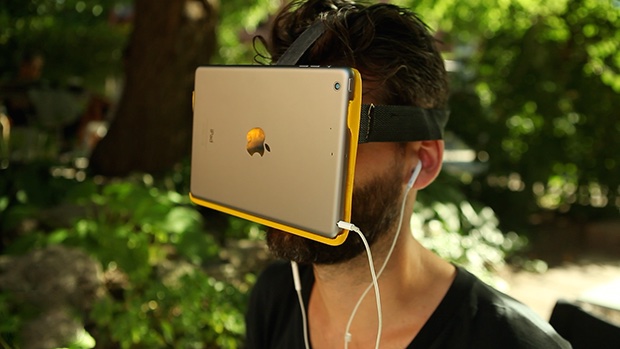
2016 will unquestionably be remembered as the year Virtual Reality made a meaningful entrance to the tech world. Granted, there were murmurings and early adaptations long before, but with the staggered release of Oculus Rift in March, the HTC Vive in April, or the new Samsung Gear VR in August, Virtual Reality (of varying degrees) appears to have accomplished the shift from nascent tech-demo material to becoming a more legitimate contender for a share of your wallet.
On October 13, Playstation joined the fray, releasing the arguably most consistent and yet affordable VR experience with Playstation VR. If early numbers and reviews are anything to go by, this could be the product to help the technology cross the consumer chasm once and for all and attract mainstream interest.
Once submerged in the world of VR – and this comes from someone whose only exposure to the technology so far is limited to a shoddy $15 Google Cardboard set – it quickly becomes evident that the potential of VR is that of a sleeping giant.
A few generations down the road and a (less clunky) head-mount will be able to convincingly take us places inconceivable at this stage or allow us experiences no human being could or should ever make under normal circumstances. I don’t think it necessitates a colorful description of mind-numbingly stunning virtual experiences to understand this: the possibilities of VR for entertainment and education alike are elusively vast.
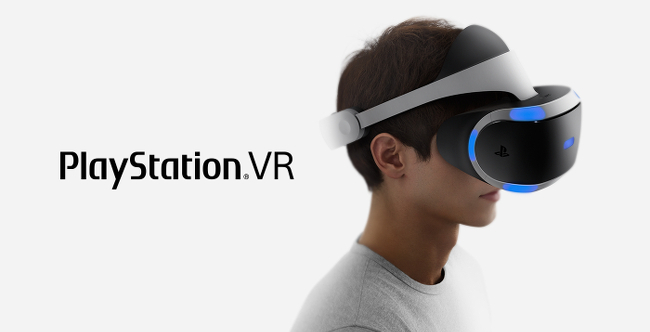
So what is Apple’s 2016 grasp on the development widely met with praise across the tech world? Well, for all we know Apple does not plan to take part in it. Tim Cook has been quite vocal about the company’s stern focus on Augmented Reality instead, which by some is conceived of as less socially isolating.
It champions the idea of seamlessly merging real life objects with layers of computer generated images in a fashion Apple will undoubtedly tout as ‘magical’. If the last statement read somewhat sarcastically, be assured it was not meant to be: Augmented Reality looks straight up awesome and Tim Cook’s line of argument that VR implicates ‘barriers’ to human interaction (unlike AR) is a sustainable point to make.
With that said, just because AR looks like the real deal, does it allow for an inversion of the argument against Virtual Reality? In other words, is there wisdom in shunning a development that has all but hit the mainstream market in favor of an idea that is at least two steps (and numerous years) behind?
Yes, HoloLens has hit the market, but you just need to compare the average price of each respective category to understand the asynchronous stages of the product lifecycle they are in. And, perhaps most importantly, is Apple making a mistake equating the two technologies and betting on the mass appeal of the supposed winner?
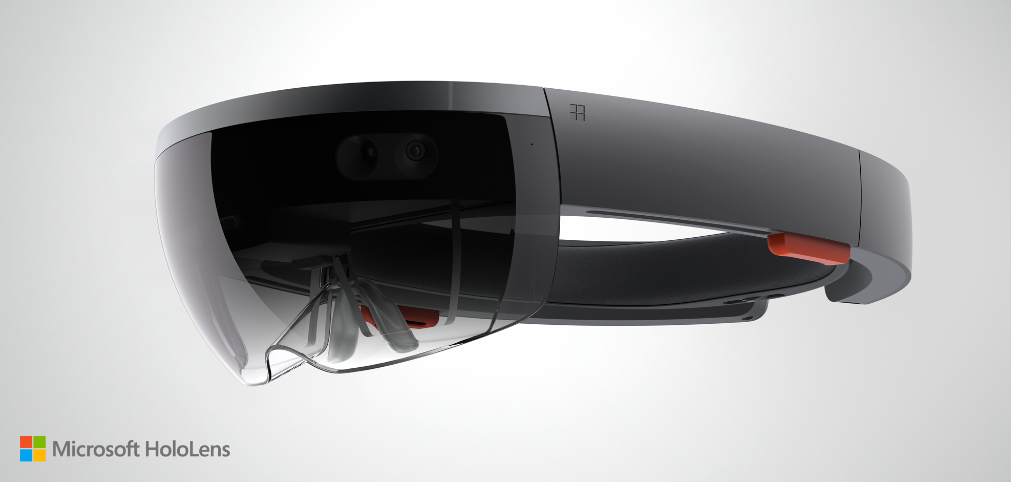
Cook has effectively taken a swipe at Virtual Reality for its missing relation to real life objects and its seeming omission of face to face interactivity. But here’s the deal, this criticism does only hold water if you have already made the mistake of pitting the two schemes against each other, if you do not understand that they are thriving on two very contrasting premises: for all its virtues, Augmented Reality will never be able to deliver one of the key selling points of VR: Escapism.
Before getting too philosophical about it, let’s just say that sometimes the allure of leaving everything behind and revelling in truly new experiences is all we long for. This is what VR can and will do, more masterfully with each consecutive generation. AR will be able to conjure up new experiences as well, but it will not take you new places or enable you to borrow some hero’s identity for a short but exhilarating while.
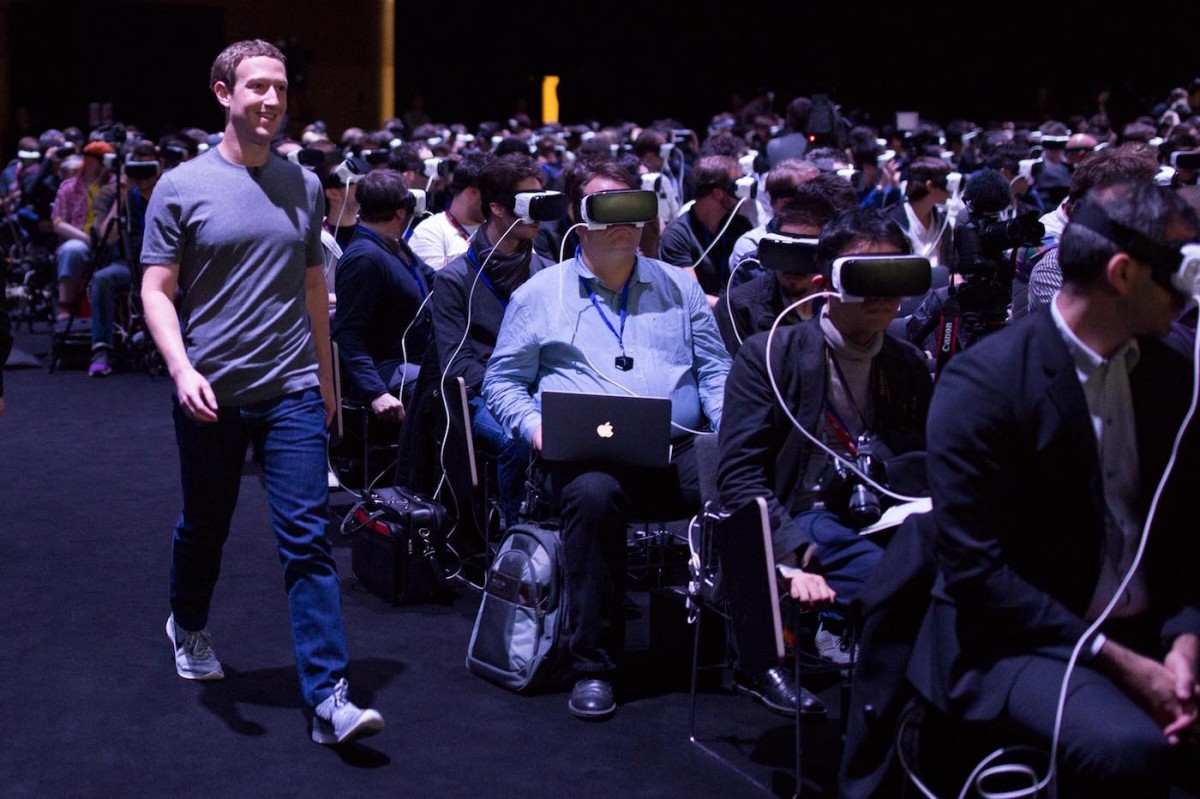
Given their differing value propositions, there is a case to be made that the schemes should not be lumped together, nor should a tech company pick one idea over the other.
It is not far to seek that Apple have discussed this conundrum at great length. Yet Tim Cook’s comments seem unambiguous enough to predict Apple will not attempt to get a foot in the VR door in the near future. They believe the real prize is AR, and Apple’s eyes are firmly set on it – for better or worse.
Cast your mind back a few years to Apple’s bet against the so called Phablets, a course they famously corrected in 2014 with the release of iPhone 6 Plus. Or more recently the reported flip flopping on Project Titan. The point is this: Apple, like any other company, are not infallible. They have made subpar decisions before and they will get things wrong again.
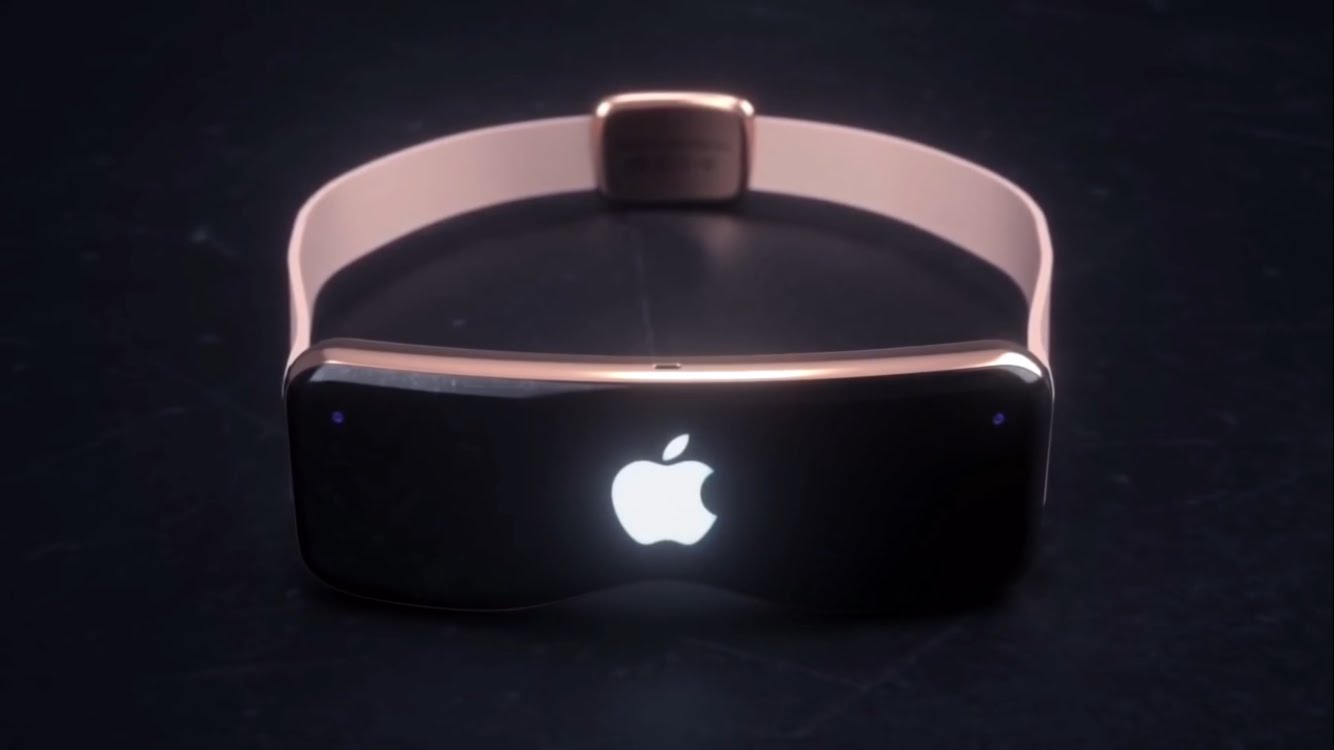
Are we witnessing another instance of principled Apple potentially getting blindsided by the likes of Samsung and Google, simply because top management decided to disregard the ever-growing cash cow that is VR in lieu of something “better”?
All Apple would have to do is get in the game now, one-up Samsung’s Gear VR phone solution by offering an Apple-esque approach to the mount, and customers from all walks of life could experience something truly magical near-term. And magical should continue to be in Apple’s wheelhouse.
As promising as AR may be, I for one am smitten with the promise of Virtual Reality for now and, like many others, plan on eventually picking up the what’s then most suitable product for my wants. Much to my regret, it looks like Apple will not be in the drawing any time soon.
Could Apple be betting on the wrong horse? Only time will tell.